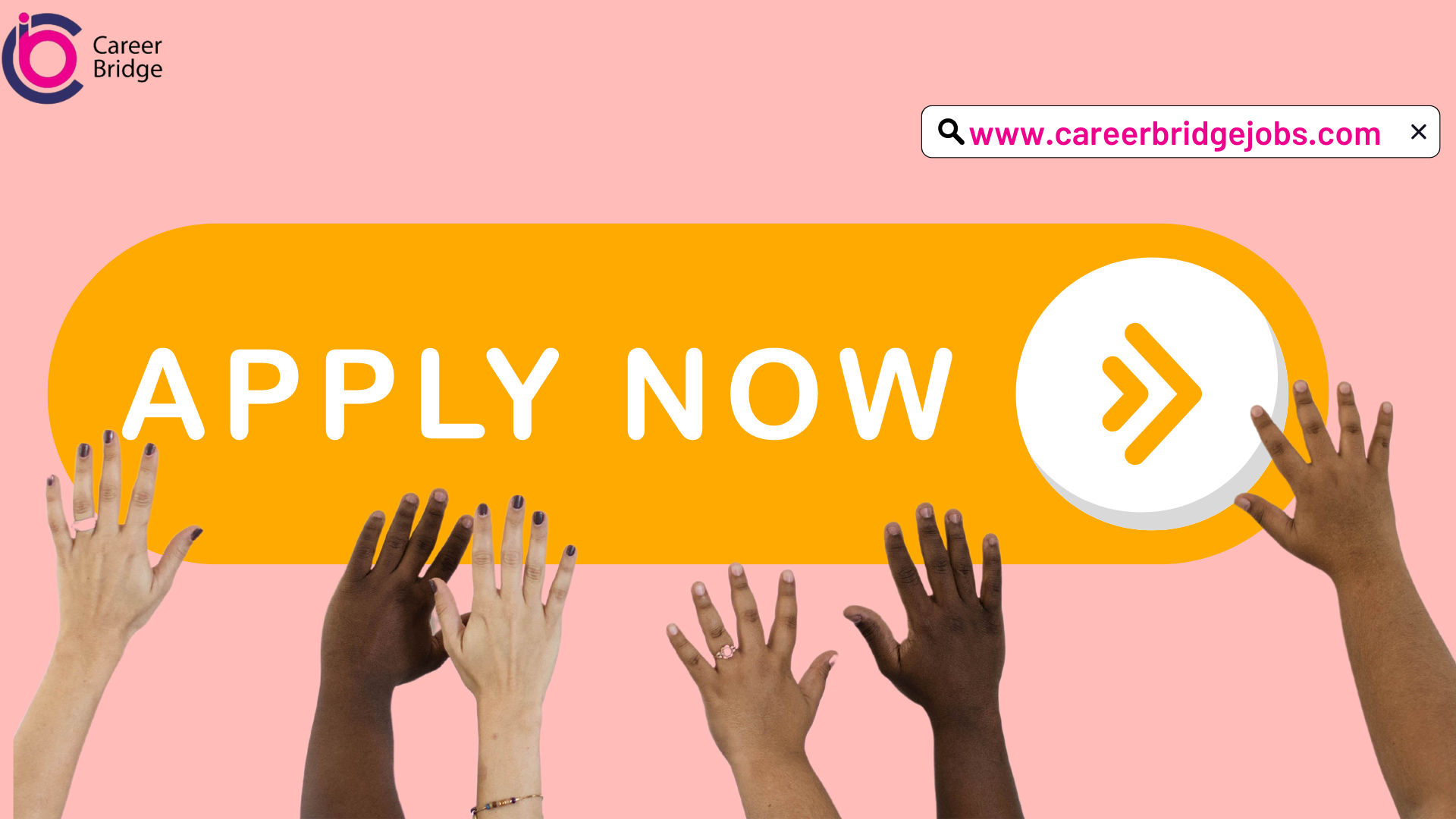
According to a 2018 report by Deloitte, diverse and inclusive workplaces are six times more likely to be innovative and agile, and twice as likely to meet or exceed financial targets.
This underscores the growing emphasis on diversity, equity, and inclusion (DEI) in the workforce across industries globally. Employers are increasingly realizing the compelling business rationale for enhancing diversity and inclusion within their teams. By recruiting professionals from diverse backgrounds across all hierarchical levels, businesses can tap into a rich spectrum of viewpoints and insights.
Unfortunately, nearly half of the organizations lack a recruitment strategy in place to source, attract, and integrate DEI into their workforce. Diversity in Talent Acquisition goes beyond meeting quotas or ticking checkboxes; it is about harnessing the power of varied perspectives and talents to drive organizational excellence.
This article analyzes the key reasons why diversity and inclusion should be integral to every company's recruitment strategy, while presenting innovative strategies to attract and nurture diverse teams in organizations
In recruitment, this refers to the intentional efforts and strategies organizations employ to ensure that their hiring processes are fair, unbiased, and welcoming to candidates from diverse backgrounds. Diversity encompasses differences such as race, ethnicity, gender, age, sexual orientation, disability status, socioeconomic background, and more. The ultimate goal is focused on creating an environment where all individuals feel valued, respected, and included, regardless of their differences.
5. Diversity and Inclusion lead to a higher likelihood of innovation and creativity in a team. This is because it creates diversity of thought, which can lead to healthy competition, helping the company to grow.
6. Embracing diversity plays a significant role in strengthening the employer brand of a company, which helps them stay relevant and attractive to top talent in a competitive market.
5. Bias awareness and mitigation: Recognizing and addressing unconscious biases that may influence decision-making during the recruitment process, such as biased language in job descriptions, assumptions during interviews, or preferences based on stereotypes.
6. Transparency and accountability: Holding recruiters, hiring managers, and decision-makers accountable for promoting diversity and inclusion in recruitment practices.
7. Continuous Learning and Improvement: Regularly reviewing and assessing the recruitment processes for potential biases and areas for improvement.
At Career Bridge, we ensure diversity, equity, and inclusion in recruitment through several key strategies. We prioritize inclusivity for people living with disabilities by offering an assessment platform with accessibility features like screen reader compatibility and keyboard navigation.
Our multiple assessment and testing models include:
To partner with us as your Talent Management Partners, visit us at www.careerbridgejobs.com or drop us an email at info@careerbridgejobs.com (+254 792 876 469).